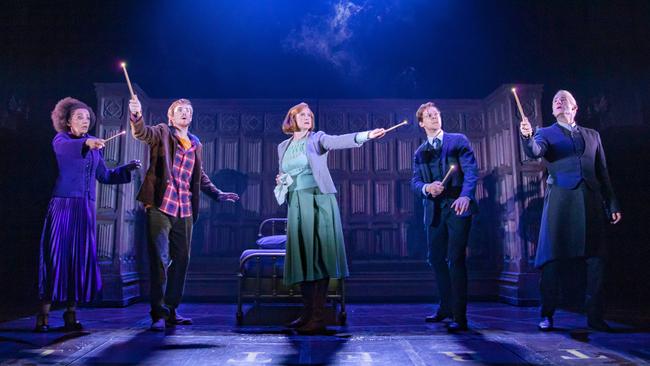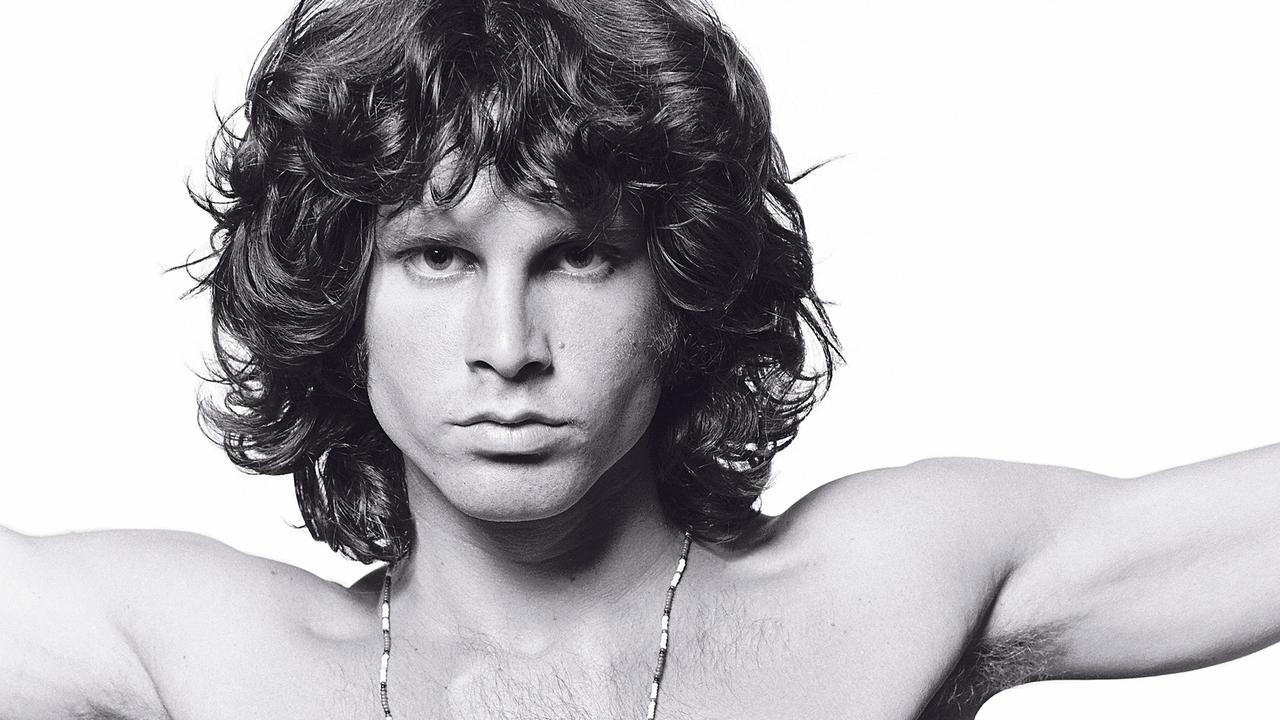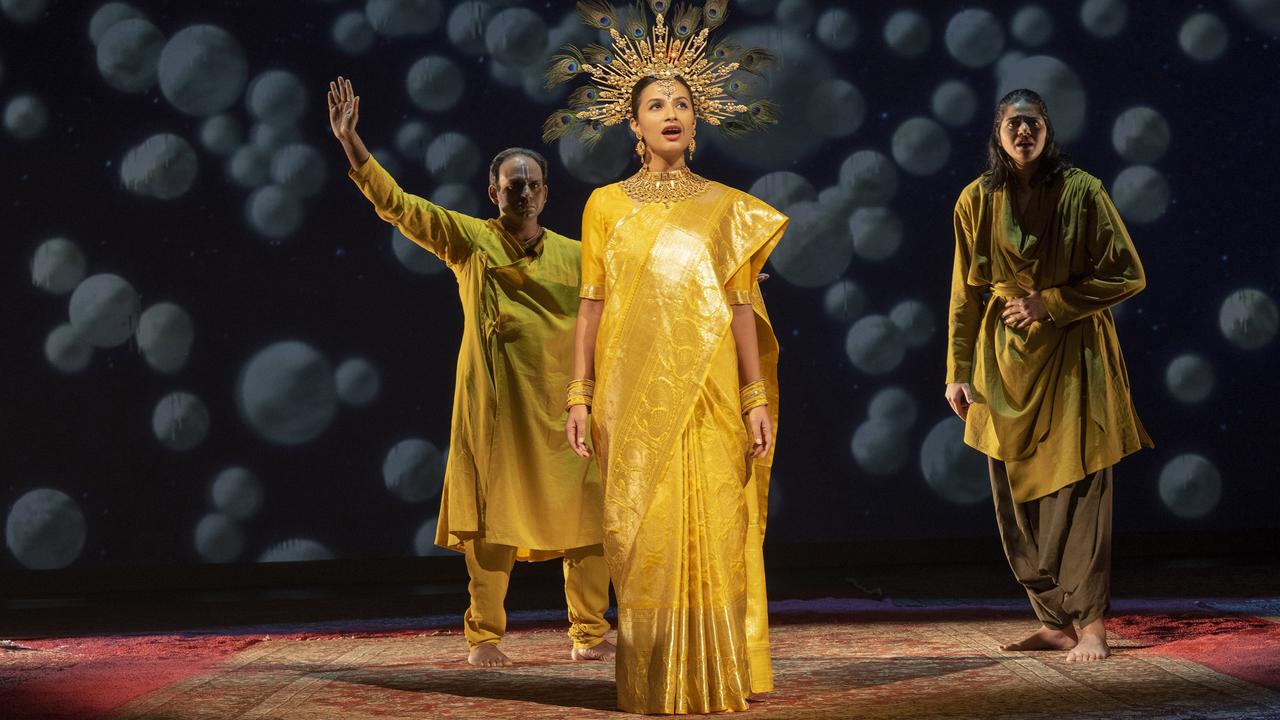Coronavirus: two-year rescue plan urged to kickstart arts

Live music and theatre could take years to recover from the COVID-19 lockdown, with the industry saying audiences and investors will be slow to return to a business that has all but been destroyed.
Industry body Live Performance Australia is working on a two-year timeframe to kickstart the $4bn stage sector, arguing for a mixture of government assistance, low-interest loans and tax incentives for producers.
Big-budget shows such as Harry Potter and the Cursed Child, Dolly Parton’s 9 to 5, and Charlie and the Chocolate Factory have been suspended in line with coronavirus health restrictions.
READ MORE: Investment and tax incentives needed for entertainment industry | Funding blow for small companies as lockdown bites
Live Performance Australia CEO Evelyn Richardson said the lockdown had devastated the live-performance industry as ticket revenue had evaporated and investment had been lost.
Her organisation was convening an industry taskforce — involving venues, producers and health and security experts — to rebuild the sector across a two-year “comeback phase”.
Large productions such as Broadway musicals required $10m-$15m to stage, but Ms Richardson said finance would be difficult in the post-COVID world.
“We are already looking at the barriers to production: the money that has been lost, and where the money is coming from to remount or put new shows on,” she said.
“The pipeline for investment has been completely destroyed. We are going to have to incentivise in order to get investment into shows, to capitalise them and get productions up. The government will need to help us with that.”
Government assistance for the arts and entertainment industry includes $27m in federal support for vulnerable sectors and the Victorian government’s $16.8m “survival package” for the state’s creative industries.
Federal Arts Minister Paul Fletcher says the JobKeeper package will channel $4bn-$10bn in wage subsidies into the creative industries. But Ms Richardson said the Morrison government’s assistance to the arts and entertainment business had been “paltry to the point of neglect”, and that many arts workers were ineligible for JobKeeper because they were short-term casuals or employed by government-owned venues.
Live Performance is calling for low-interest loans and a tax offset system — similar to the 40 per cent offset available to feature film producers — to kickstart the industry. Previous modelling by the group shows that a 40 per cent offset would generate business worth $1.2bn, and 555 new productions.
“We have to regenerate activity out there, not only for the economy, but also for our artists, performers and musicians,” Ms Richardson said.


